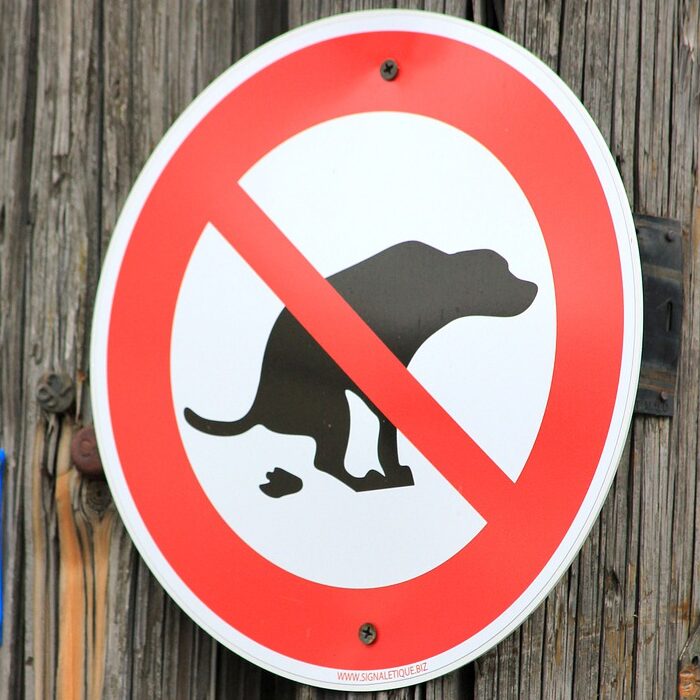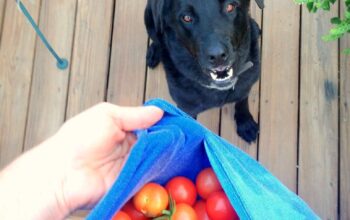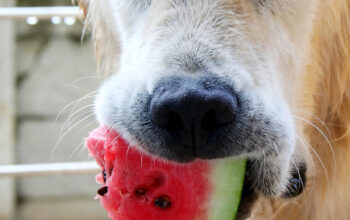Why oh why does my dog insist on eating poop! To be honest, I feel like vomiting a little in my mouth, when my Pug sits down to feast on his own poop, licking and gnawing away at an hour old bundle of poop. What worries me though, is how this is affecting his health – and also mine, given he’ll come and give me a loving kiss later in the today – likely with a tongue covered in poop germs. So lets talk about why do dogs eat poop!
Eating fecal excrement is a common bad habit in dogs, but why do dogs eat poop? Dogs consume poop, called coprophagia, for many reasons, including stress, learned behavior, boredom, the list is endless. It is important that dogs can stop this – the eating behaviour – with proper training. Owners rejoice!
The act of coprophagia is surprisingly common in many mammals, not just dogs. Dogs are known to live off litter and waste, which sometimes includes other animals, humans and dogs, including themselves.
However, many scientists believe dogs eat feces to extract nutrients that may have left the body. Some say their digestive systems are designed to feed on other animals’ waste products. There are a number of theories as to why dogs eat their own dogs, but the biggest question is: How can we curb this unpleasant behaviour? Do dog owners want their dogs to eat their “own shit” or not?
There is also an increased risk for owners of dogs that feed on poop, such as zoonoses that are infected with parasites, meaning that humans can also get them.
If your dog has an allergy, a certain diet can trigger an allergic reaction. Your veterinarian may even suggest that this could cause the dog to eat poop. This school of thought teaches that if a dog cannot take in the excess food it has eaten, it will try to eat it again. Many dogs eat their poops because of a condition known as feces eating disorder, or colitis, an allergic reaction.
If you suspect that your dog is eating feces due to a medical problem, go to the vet immediately. Experts suspect that this can happen if a dog does not get certain nutrients such as vitamins or minerals, or is sick.
There are two types of animals that eat the poop of other animals: auto-coprophages that eat their own poop , and intraspecific-copphagias that eat the poop of other dogs, which means that the animal eats the faeces of other animals than itself. In some cases, a mother dog may eat feces to stop her puppies to stop them from doing so themselves. The reason dogs eat dog poop may be because fresh stools of a healthy, domesticated animal contain the nutrients that dogs crave.
The first thing to do if the dog suddenly starts eating poop, especially its own, is to talk to the vet and see if you need to add a food supplement or change its food.
What drives a dog to eat poop, and why does it cause so much damage to the animal’s digestive tract and digestive system?
Some people believe that eating feces is a learned behavior that dogs get from their mothers, who eat their puppies feces to keep them clean and not attract predators. It is common for dog mothers to eat their puppies droppings to protect them and keep the house clean. Puppies fixate themselves orally and eat other debris from their own faeces or any other they can find.
Dogs can also adopt the habit of watching other dogs and even do it out of boredom, but it seems that it is more common in older dogs, as many dogs grow into this habit as they get older. Eating poop may not be a big health concern – wise, unless your veterinarian concludes an underlying health problem. However, if you are with them and live with them, eating dog faeces can cause serious health problems for your dog, especially in the first years of life.
If you take your dog to the dog park or take care of it or go to boarding school, it can be embarrassing, especially if it pokes around on the floor or in front of you.
The good news is that with a little care and training you can teach your dog to give up its poop eating habit.
Keep in mind, that puppies are more likely to eat their own poop than any other animal, according to the American Veterinary Medical Association (AVMA).



